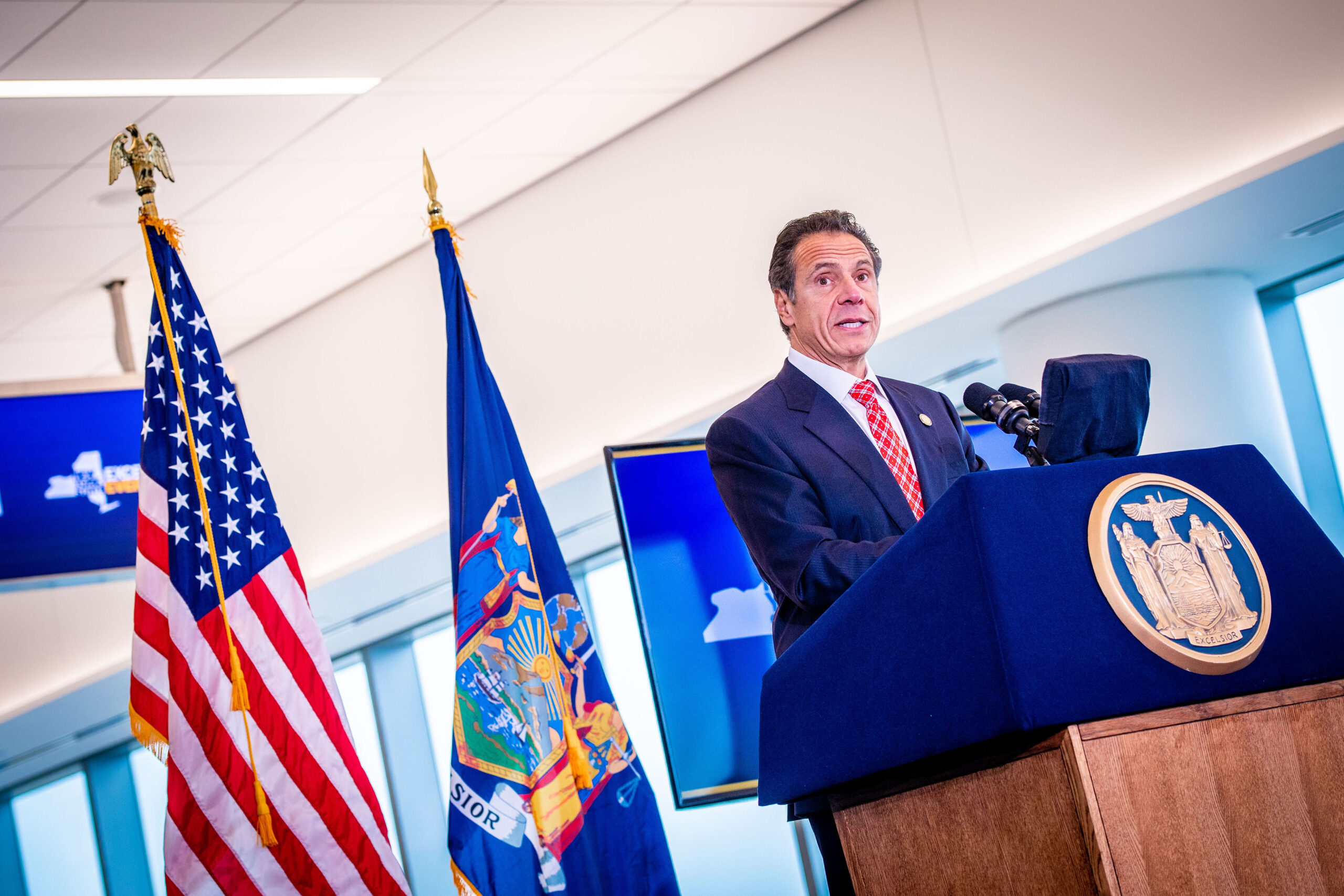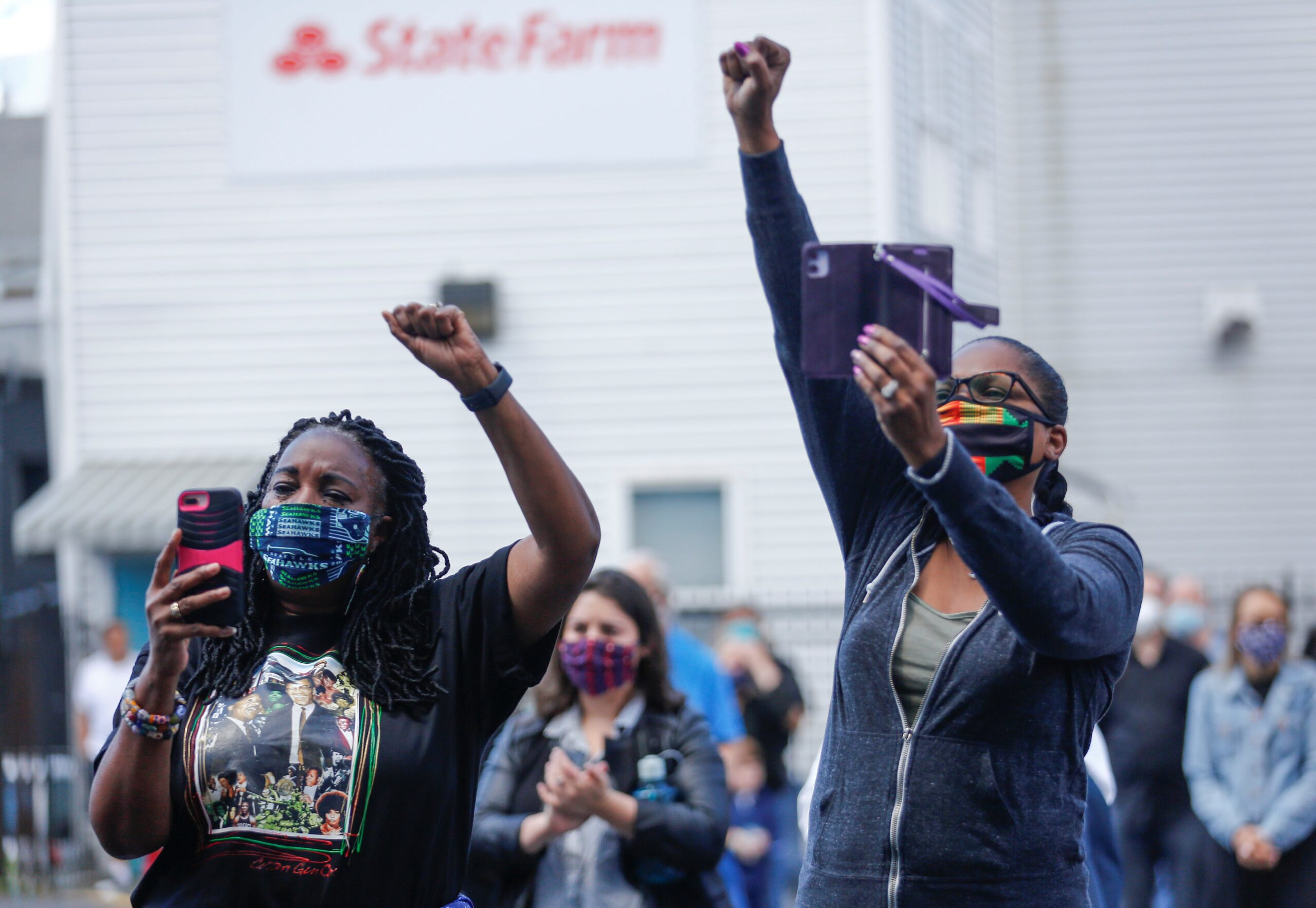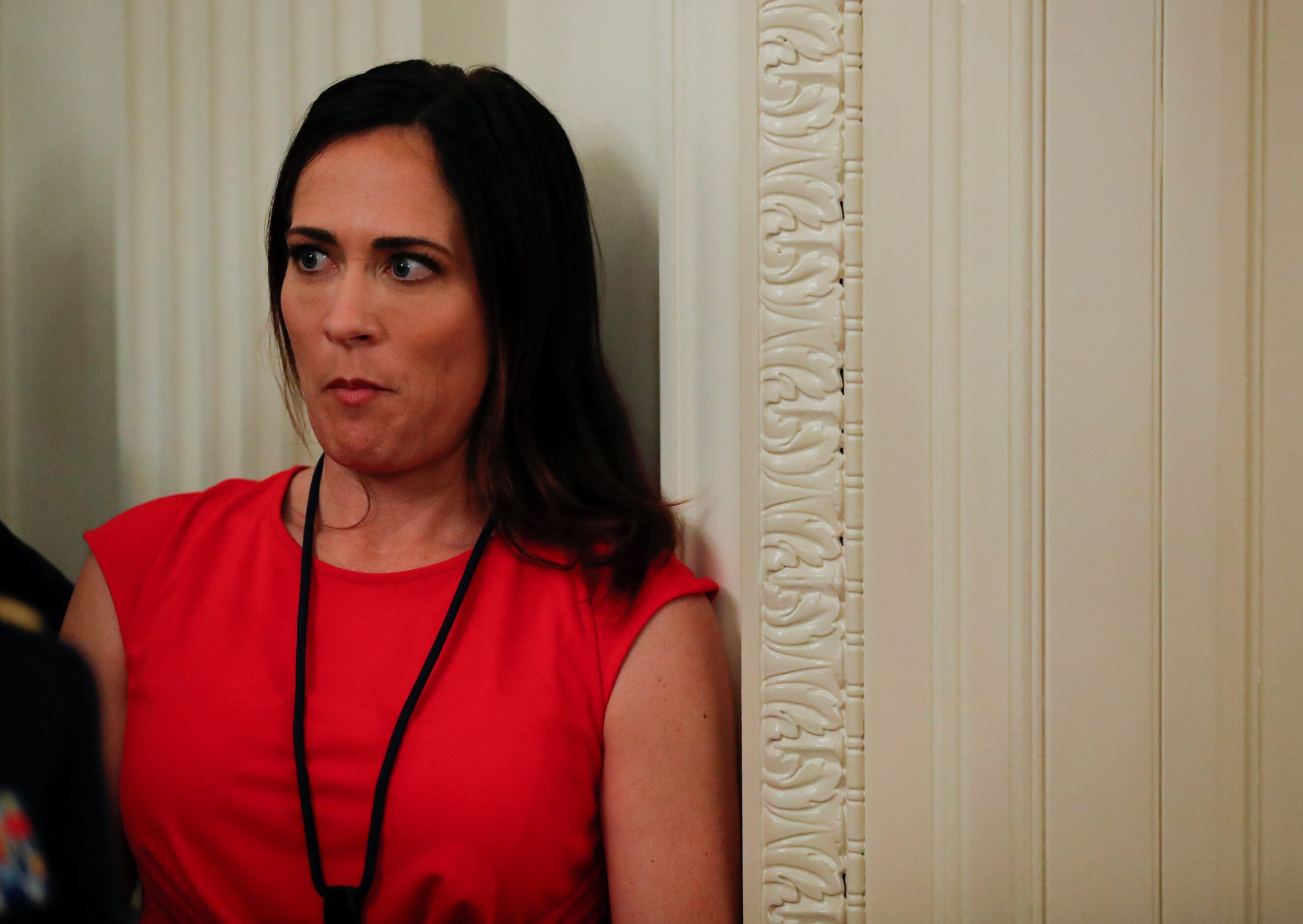Justice Department Asks Judge to Halt Distribution of Bolton’s Memoir
A day after suing Bolton in an attempt to halt his memoir's publication, the Justice Department has now gone after his publisher hoping to block its dissemination.
Protesters File Class Action Against Richmond Police
The lawsuit was filed on behalf of five Richmond residents, some of whom were sprayed with tear gas, and others who were forced to leave the protest early after seeing the police deploy chemical weapons.
Governor Cuomo Signs Legislation Affirming Right to Record Police
The legislation affirms the right of individuals to record law enforcement activity, and to keep their recordings. The law goes into effect in 30 days.
Journalist Injured While Covering Protests Sues Minneapolis Police
Linda Tirado, a freelance journalist who permanently lost vision in her left eye after being hit with a projectile, is suing the city of Minneapolis and various law enforcement officials for her injuries, as well as for violating her Fourth and First Amendment rights.
First Amendment Watch Releases a Citizen’s Guide to Recording Police
The First Amendment right to record public officials such as the police performing their official duties in public is central to our democracy. Without the ability to document and disseminate such information, citizens would lack an indispensable tool for keeping the public informed, and for holding their leaders accountable.
ACLU Sues City of Seattle For Using Excessive Force On Protestors
On June 9th, the American Civil Liberties Union (ACLU) of Washington filed an emergency lawsuit demanding that the City of Seattle immediately stop using chemical agents on protestors. The lawsuit, filed in U.S. District Court of Western Washington on behalf of Black Lives Matter Seattle-King County and individual demonstrators, comes in response to the Seattle Police Department’s (SPD) continued use of chemical agents for crowd control.
Lawmakers Call for the Drug Enforcement Administration to End Its Surveillance of Protesters
“The DEA’s narcotics interdiction tactics are not appropriate measures to address the limited violence that has taken place over the past few days or to monitor peaceful protests,” the letter said. “The expansion of the DEA’s law enforcement authority, including the use of ‘covert surveillance’ and collection of intelligence, is unwarranted and antithetical to the American people’s right to peacefully assemble and to exercise their Constitutional rights without undue Intrusion.”
D.C. Circuit Upholds Injunction Blocking White House From Revoking Reporter’s Press Pass
While the White House had a legitimate interest in maintaining a degree of control over media access to the White House, U.S. Circuit Judge David Tatel wrote that the administration could not do so in a way that interfered with a reporter’s due process rights.







